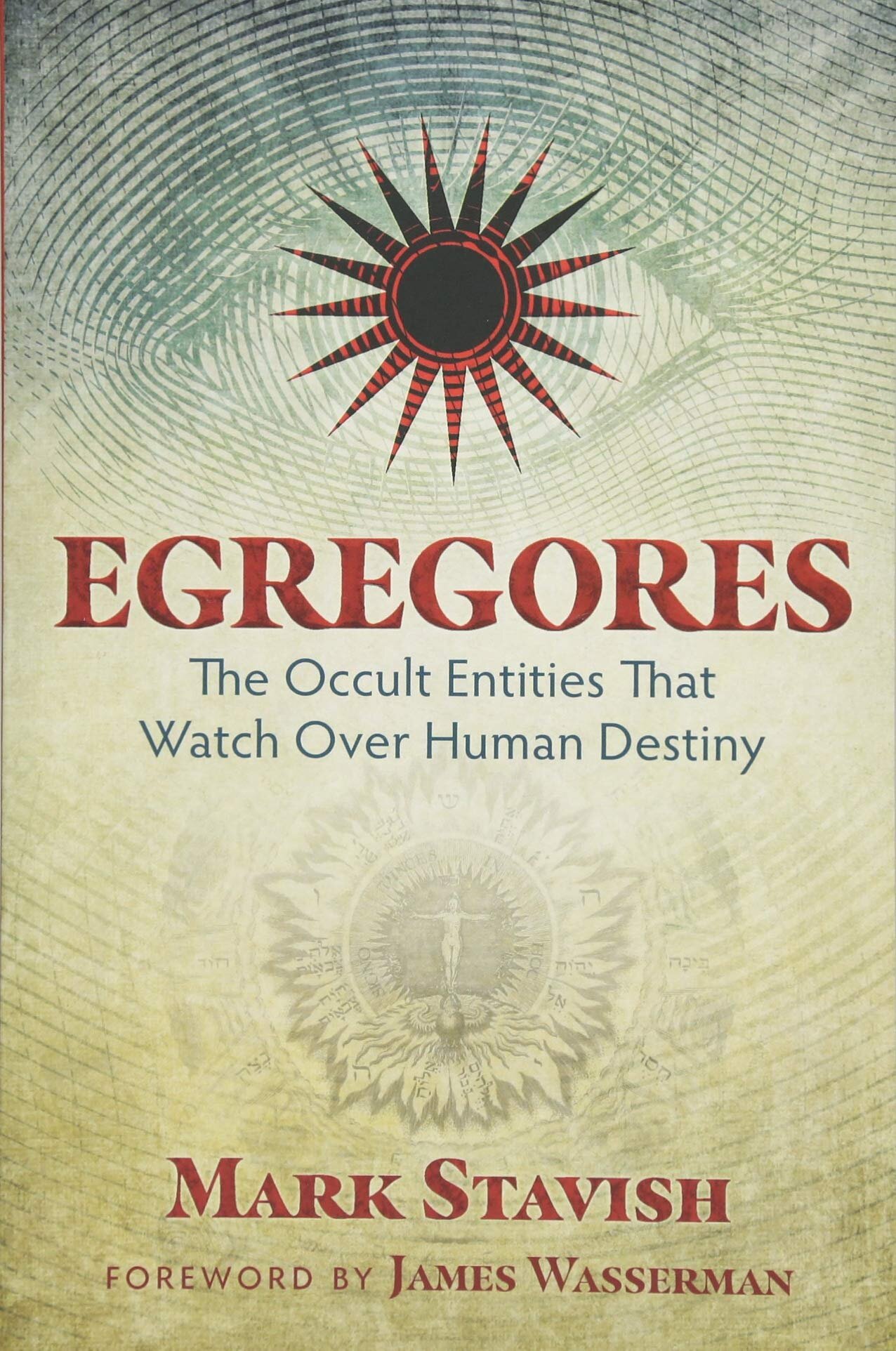
Paralibrum.
An independent home for bibliophile occulture

Scroll to read or search our library of book reviews.
By keyword, author, publisher or year.

‘The Sword of Song’ by Aleister Crowley
Sword of Song is a groundbreaking venture that still defies most categorizations. The temptation to parallel such an experiment with AC’s life is in some ways far too great to pass up on. (…) The book is a hybrid example of writing that entails much more than mere textuality may suggest. Hopefully Richard Kaczynski’s comprehensive edition will inspire revived and expansive interpretations of its contents for some time to come.

‘Three Books of Occult Philosophy’, Translated by Eric Purdue
In his recent rendition of the Three Books, Eric Purdue has consulted Vittoria Perrone Compagni’s critical edition, which is based primarily on the 1533 version, all the while carefully comparing and contrasting it to the 1510 first edition, and the 1531 2nd edition as well as the first manuscript version Agrippa sent to Trithemius.

‘Demons and Spirits of the Land’ by Claude Lecouteux
This volume deals with “land spirits”, those entities and spirits of place which the Christian church referred to as “demons”. […] Approaching this book with an open mind is wise, because you may be surprised where it takes you, regardless of practice. Furthermore, it serves as a great introduction to Lecouteux’s work and jumping-off point to the other books Inner Traditions have translated, and provides really nice access to non-Anglocentric scholarship.

‘Egregores’ by Mark Stavish
Stavish takes on a once-popular idea, that of the Egregore, the spirit that leads groups, protects artifacts, and can inform those sympathetic to it. Most occultists assume such beings exist, and the popular fancy is that these vague but benevolent beings are leading mankind into some better existence. Stavish suggests that while egregores do exist, they might or might not have mankind’s best interests in heart.



